Commercial HVAC Odors & What They Mean
If your commercial HVAC system is stinking up your place of business, you need to get to the bottom of the issue before customers begin to leave. There are many different odors that your heating or cooling equipment can produce, and each one of them signals a specific issue that may be affecting your system’s performance.
Read on to understand the most common commercial HVAC odors and what they could mean for your system.
Top 5 Commercial HVAC Odors & Their Meanings

Electrical Odors
At the beginning of the heating or cooling season, when you first turn on your equipment, there may be a small electrical, dusty, burning odor. This should go away within 20 to 30 minutes and is usually just a sign of the dust burning off that accumulated during the off-season. However, persistent electrical burning odors can signify a greater issue within your unit. It could be overheating or having a problem with its motor or wiring.
Attempting to resolve this problem on your own without the proper training can be extremely dangerous, resulting in severe injury, electrocution, or even death. If you notice an electrical burning odor coming from your commercial HVAC system that lasts for more than a day, contact your trusted heating and air conditioning technician to schedule repair services.
Rotten Eggs
Smelling rotten eggs or sulfur in your place of business isn’t just disgusting, it can be dangerous. This is almost always an indication that your HVAC equipment is leaking natural gas, which can be lethal when breathing in for long periods of time. If you smell rotten eggs coming from your heating or cooling equipment, open the windows and doors of your commercial building, evacuate the building, and contact the gas company along with your HVAC technician.
Gas Smell
When you first turn your furnace on after the summer season ends, you might notice a gas odor coming from the system. That’s because as dust settles on the heat exchanger, it gets burned off once the system is ignited again come winter. However, if the smell isn’t coming from your vents, the gas odor could signify a leak at the pipe fitting or within your furnace. This is a problem best left to your trusted commercial heating repair technicians.
Mold & Mildew
Probably the most common smells to emanate from your commercial HVAC system are mold and mildew odors. Air conditioners are particularly susceptible to these types of odors. When moisture doesn’t drain properly from the system, it can escape into the air ducts and cause mold growth.
Properly identifying and eliminating mold from inside your AC unit takes a skilled mold remediation specialist and HVAC professional. Your mold remediation expert will sanitize and remove the mold while your commercial HVAC technician will help ensure the problem does not recur.
Oil Odor
If you smell oil, the first thing you should do is look for an oil leak. You might just need to tighten a fitting in the tank, oil line, or filter within your system. While this isn’t necessarily dangerous, it should be taken care of by a qualified repair technician — especially if the smell persists. There may be an issue with your oil burner. If you notice soot, smoke, or unusual sounds accompanying this oil smell, you’ll need to contact a repair technician.
Oil Odor
Removing foul odors from your commercial HVAC system isn’t always a simple task. It takes a skilled heating and air conditioning repair technician to identify the root cause of the problem and provide the proper resolution. AFGO Mechanical offers the 24/7 emergency HVAC repairs that New York City commercial property managers need to keep their systems running smoothly.
If you notice foul smells coming from your commercial furnace or air conditioner, call our team at (718) 478-5555 to schedule emergency HVAC repair in Manhattan today!
At AFGO, we don’t believe in one-size fits all HVAC systems…
we succeed by providing our customers with alternative HVAC solutions.


